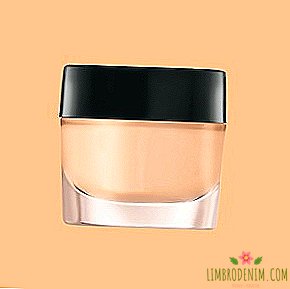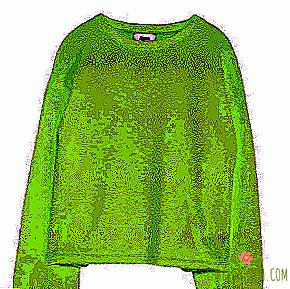Question to expert: How to care for dry and dehydrated skin in winter
Answers to most questions that concern us we used to search online. In the new series of materials we ask such questions: burning, unexpected or widespread - to professionals in various fields.

Under the conditions of the harsh Russian climate, central heating and other troubles, almost everyone is familiar with the problem of dry skin during the period of cold weather. Selection of the right care often takes a lot of time and effort, since winter means must not only be narrowly focused, but also be suitable for your skin type with all its features. The expert explains how to quickly overcome inconvenience while observing simple rules.
Elena Alekseeva
Kiehl's brand care expert
 Despite the fact that winter comes from year to year, the cosmetics industry does not offer so many products specifically intended for seasonal care. This is due, most likely, to the fact that in most European cities, winters are quite mild, and severe frosts are rare. Many also travel by car, so the demand for tools that protect the skin from frost is mainly supported by winter sports enthusiasts. Nevertheless, dryness and flaking regularly occur in winter due to the dryness of the frosty air outside, as well as due to the dry air in rooms with heating and air conditioning.
Despite the fact that winter comes from year to year, the cosmetics industry does not offer so many products specifically intended for seasonal care. This is due, most likely, to the fact that in most European cities, winters are quite mild, and severe frosts are rare. Many also travel by car, so the demand for tools that protect the skin from frost is mainly supported by winter sports enthusiasts. Nevertheless, dryness and flaking regularly occur in winter due to the dryness of the frosty air outside, as well as due to the dry air in rooms with heating and air conditioning.
To help the skin cope with dryness, it needs to be moistened. It is ideal to do this in the evening after taking a bath or shower, when there is still a lot of moisture in it. You can choose any moisturizer comfort texture. It is good if it contains natural oils, hyaluronic acid, silicones, a small amount of glycerin or sorbitol.
It is important to remember about strengthening the protective barrier of the skin. In winter, you need to be especially careful to ensure that it is not damaged. It is not recommended to use alkaline soap, do not sit for a long time in the foam baths, wash better with warm water and do not wipe the skin with alcohol solutions at least before going out. As a night care it is good to use whey and concentrates with natural oils.

In winter, you need to be especially careful that the skin barrier is not damaged.
Even in the winter in the cold it may cause itching due to a sharp wind or snow - here creams may come to the rescue again. Choose those that contain film-forming substances and antioxidants. If the selected tool has a gel base, then it should be applied at least one hour before going out.
Thus, ideally, in a minimal ritual of care, there should be a mild detergent that does not damage the protective barrier (preferably without alcohol and sulfates); moisturizing cream according to needs with film-forming substances, natural oils, antioxidants; and also a regenerating agent like a concentrate that will work with your skin at night.
How to determine that your skin is experiencing a lack of moisture? In dry and dehydrated skin, there are often similar signs: roughness in appearance and touch, a feeling of tightness, light or strong flaking, itching and sensitivity. However, it is important to know the differences between dry and dehydrated skin. Dry skin is a type in which there is a shortage of sebum and the barrier function of the skin is damaged, which is the root cause of dryness. Dehydrated skin becomes, when its cells lose more moisture than it enters the body. Here is one of the methods that you can use at home to see if it is dehydrated: carefully lift the skin just below the cheekbone. If it remains smooth, it means that it is well hydrated, if it is uneven or with fine wrinkles, then it is dehydrated.
Photo: geografika - stock.adobe.com, wolfelarry - stock.adobe.com




